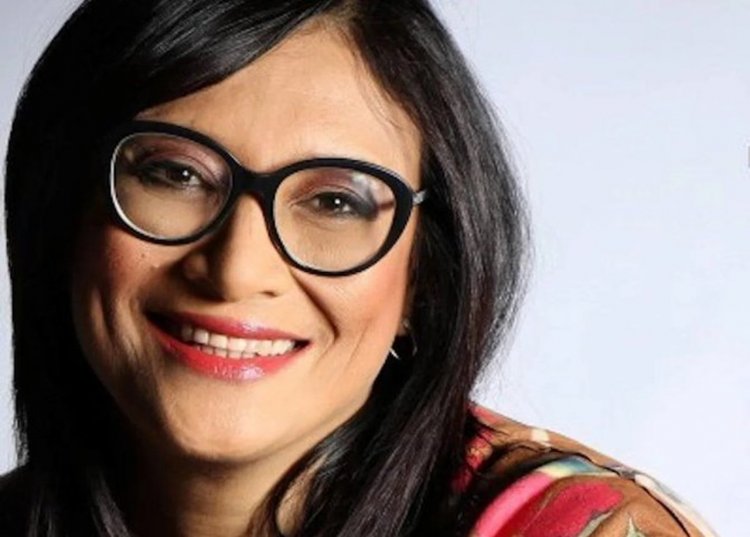You can always tell a film's intention: Awkwafina, Kelly Marie Tran on avoiding stereotypes

New Delhi: For actors Awkwafina and Kelly Marie Tran, it is important to look for layered characters and authentic references when they are offered a script focusing on the Asian community.
The animated film "Raya and the Last Dragon" ticked all the boxes for the "Star Wars" actor Marie Tran and Awkwafina, who is known for "Crazy Rich Asians" and "The Farewell".
A Walt Disney Animation Studios' project, "Raya and the Last Dragon" features Tran as the studios' first animated Asian princess/warrior Raya and Awkwafina as the magical, mythical, self-deprecating dragon Sisu.
Directed by Don Hall and Carlos Lopez Estrada, the film derives references from across Asia -- including the martial art forms, clothing, cuisine, cultural symbols, and customs.
"I think you can always tell a film's intention or the themes that are acting as the backbone of any script when you read. There is always a gut feeling if it is coming from a good or bad place," Awkwafina told PTI in a Zoom roundtable interview.
The 32-year-old actor, whose real name is Nora Lum, said, "Raya and the Last Dragon" beautifully encapsulates different aspects of Asia and that's something she aspires to achieve in all her films.
"If it's not an Asian-centric cast or story, and there is an Asian character in it, it is really important for me that the character is not one-dimensional and has something to say. The story of that character has to be based upon something that's real and authentic. I look for the character's depth and heart of the movie," she added.
Tran, who became the first woman of color to have a lead role in the Star Wars franchise when she starred as Rose Tico in 2017's "Star Wars: The Last Jedi", said playing a character that restates any sort of stereotypes is a big no.
"I never want to play a character that reiterates stereotypes, specifically any sort of negative stereotype about any group of people. That's definitely a very important thing I look at whenever I'm reading a script or thinking about being part of anything," she told PTI.
Tran, 32, said apart from successfully capturing the essence of Asia, "Raya and the Last Dragon" also redefines the idea of a conventional Disney princess.
The film travels to the fantasy world of Kumandra, where humans and dragons lived together long ago in harmony. But when an evil force threatened the land, the dragons sacrificed themselves to save humanity.
Now, 500 years later, that same evil has returned and it's up to a lone warrior, Raya, to track down the legendary last dragon to restore the fractured land and its divided people.
Along the way, she learns that it will not only take a dragon to save the world but also trust and teamwork.
Tran believes the film broadens the idea of what a hero looks like.
"It feels so incredible to be part of something that is broadening the historically very narrow perception of what a princess is. To be able to be part of something that is breaking barriers and is opening up the idea of what does a hero or a princess looks like, or talk like, it means a lot."
Another highlight of the film, which released in theatres in India on Friday, is its strong female characters.
The actors believe it is a rarity for an animation film to bring together so many different female voices.
"There are so many female characters and all have a different point of view and are bada** in their own way. I love so many characters in the movie. It is awesome," said Tran.
Awkwafina said the makers have done an excellent job in creating these characters, which add a lot to the whole concept of giving proper arc to female parts.
"We hardly see female characters being represented like these," she added.
Writers Qui Nguyen and Adele Lim have penned the screenplay of the film, which also features actors Gemma Chan as Namaari, Daniel Dae Kim as Benja, Sandra Oh as Virana, and Benedict Wong as Tong.
- By Shubha Dubey















































